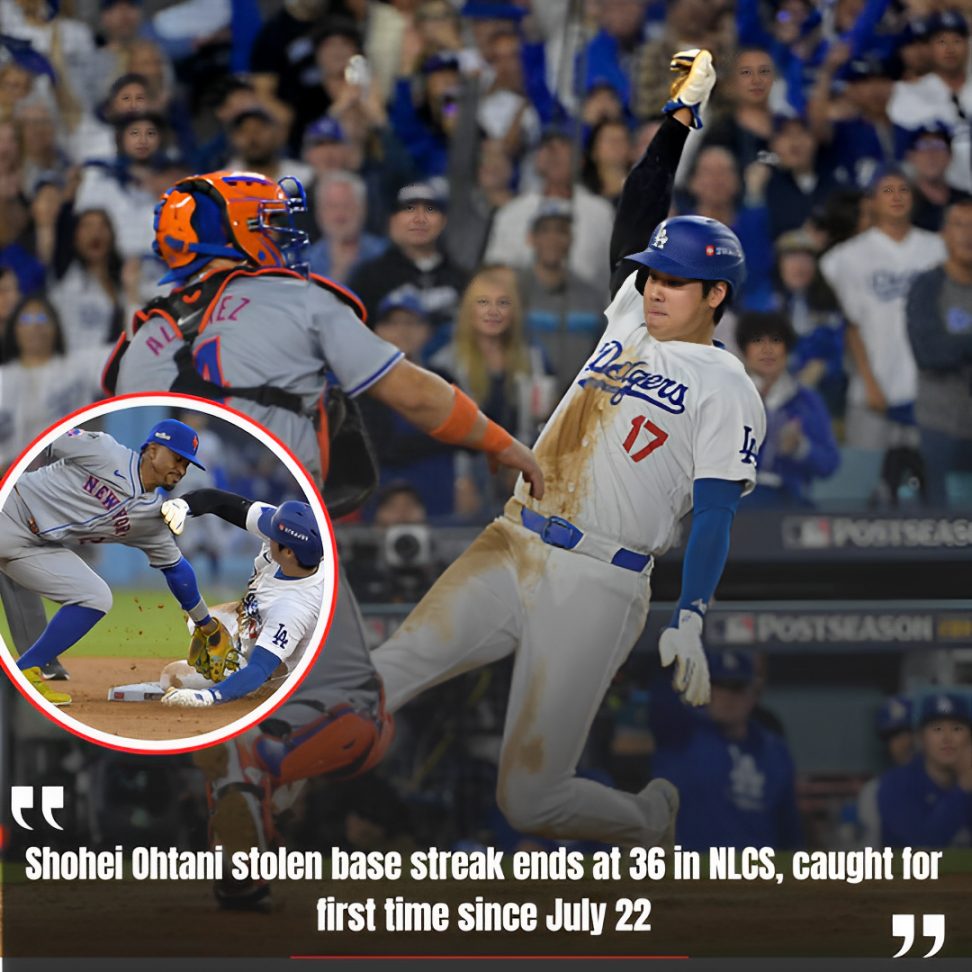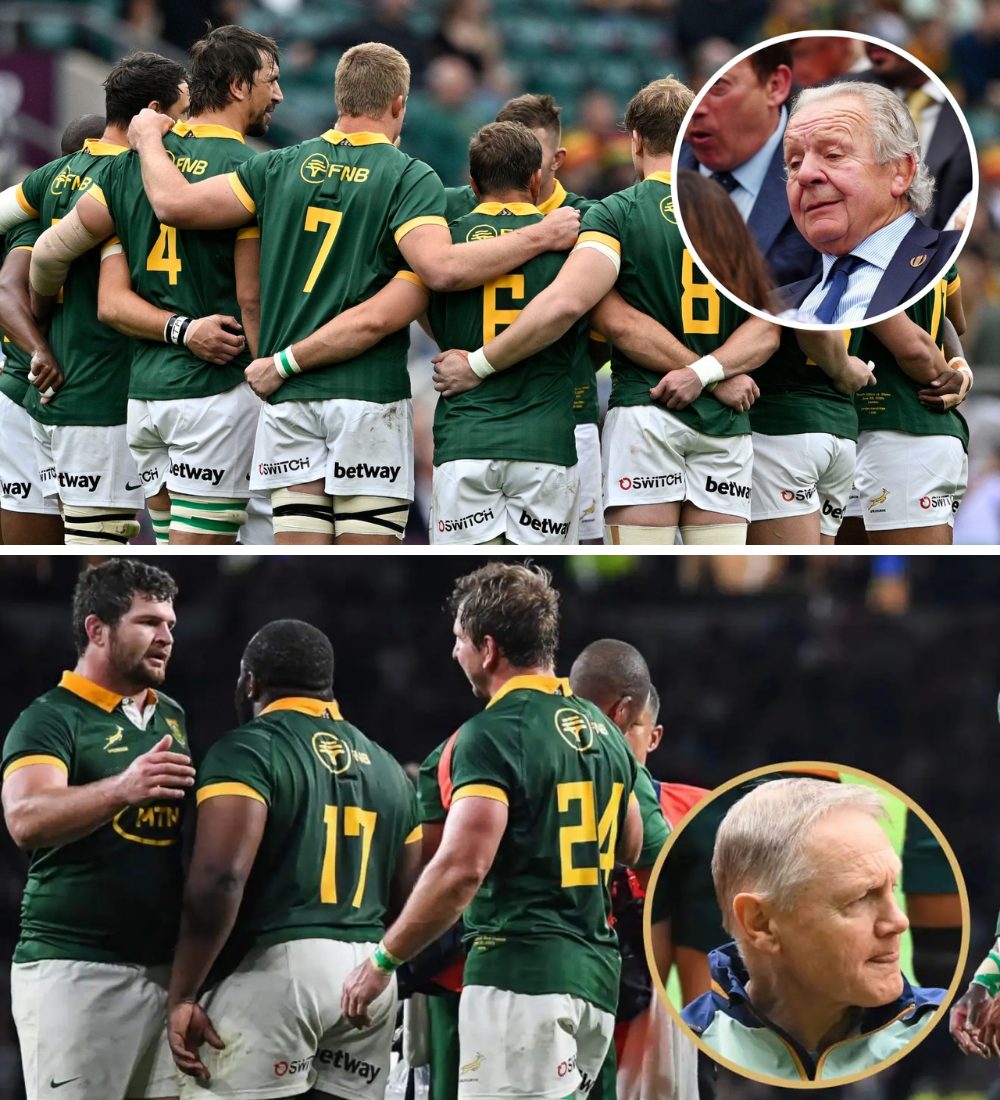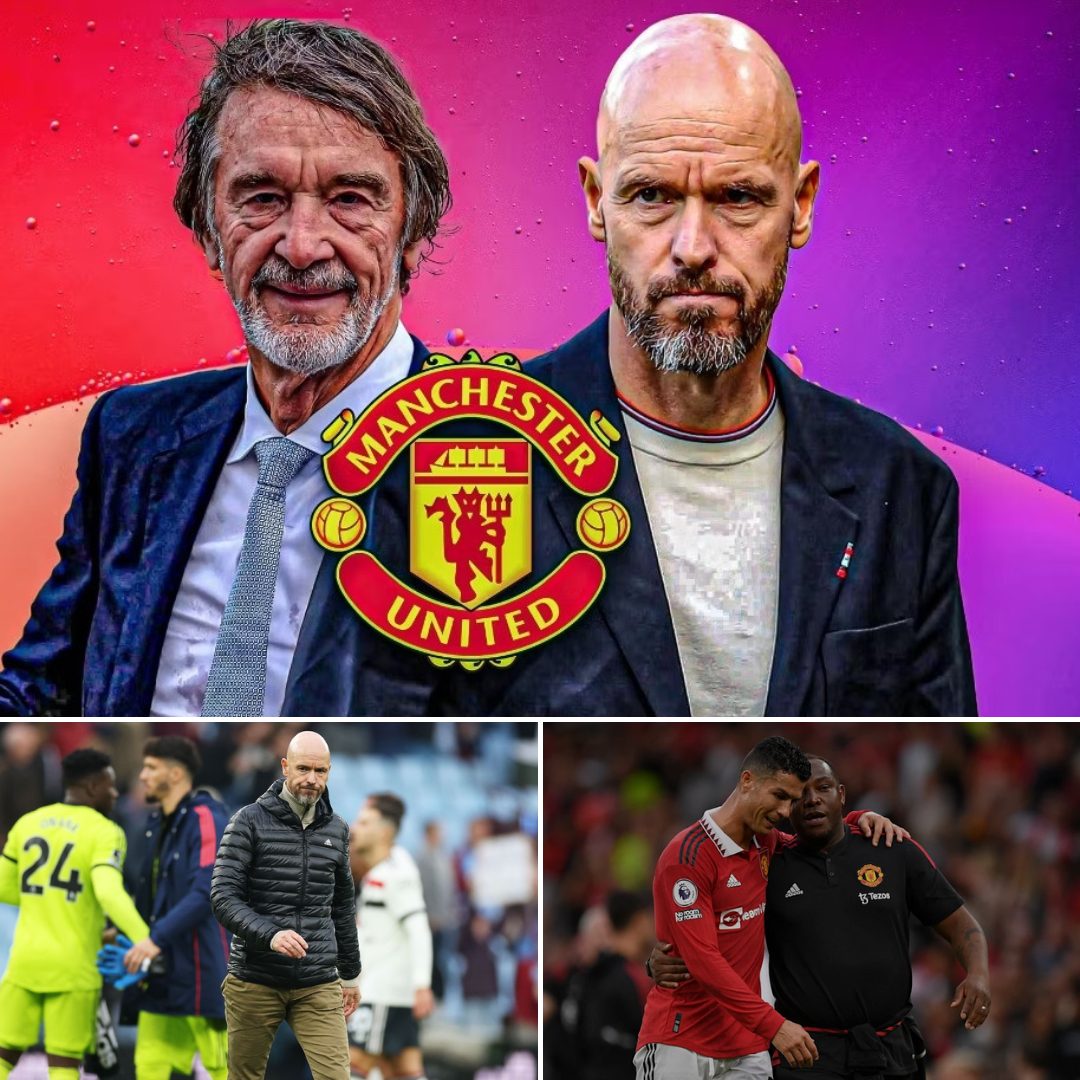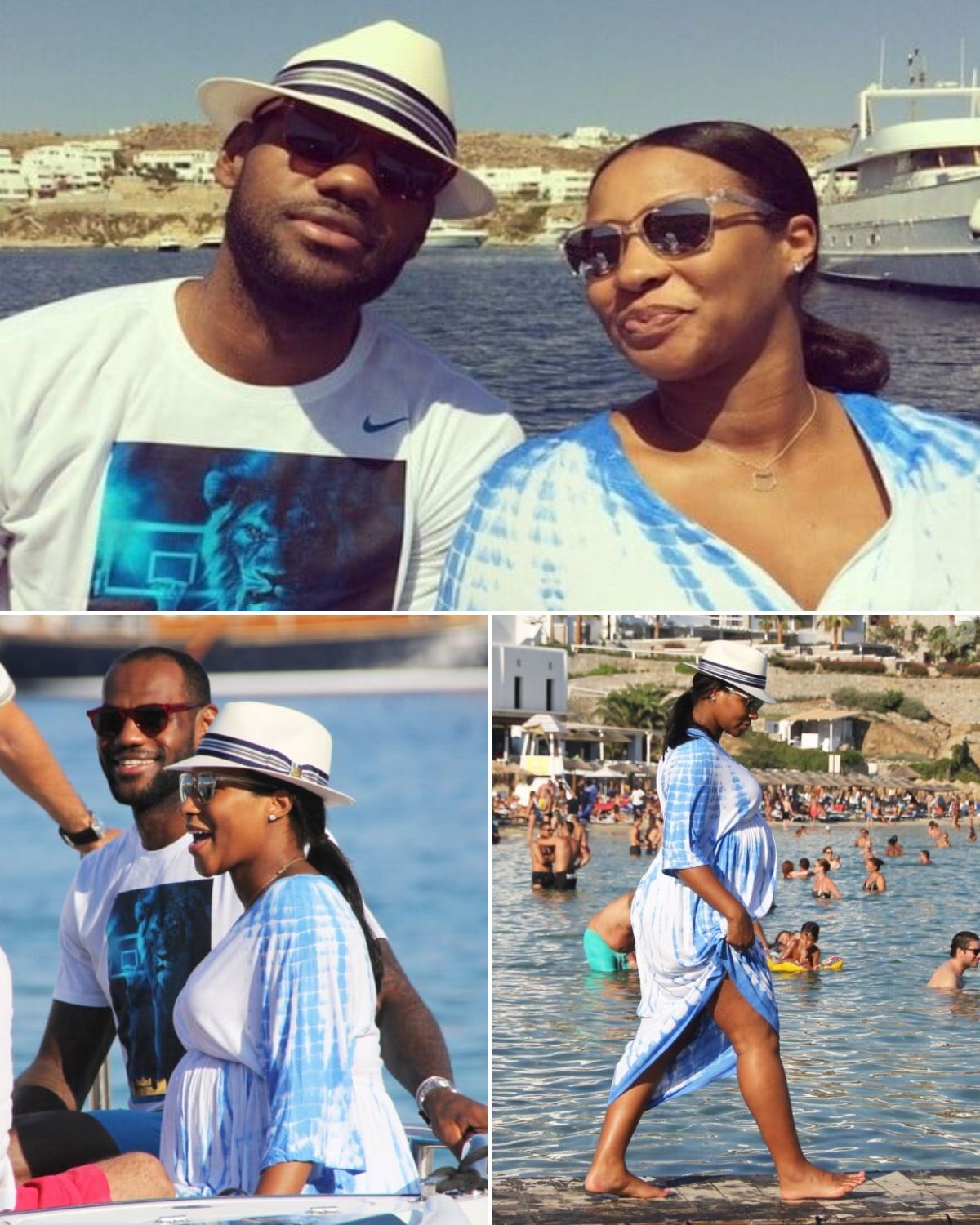There’s an old adage that says ‘you can’t choose your family’. The escalation in the dispute between Rugby Australia and the Melbourne Rebels Rugby Union (MRRU) reminds us how that saying is not always true.
With the MRRU directors lodging a comprehensive statement of claim, seeking $30 million in damages, and Rugby Australia returning serve by signalling a $35 million counter claim, this matter will finally begin the process of moving from speculation and accusation, to disclosure and evidence, and from there, to a Federal Court judgment.
It’s a complex case – far too detailed to examine properly in a single column. And having just written 107,000 words on the Rebels for the book A Year in the Life and Death of the Melbourne Rebels (available 29th October), I’d suggest that’s a far better place for readers to get a deeper understanding of what happened and why, and a full account of how those off-field events impacted upon the players and staff during the year.
In the meantime, without adding fuel to the bonfire of hopelessly ill-informed speculation that has so far passed for commentary on this matter, it is possible to provide some general observations.
At the heart of this case rests the matter of relationships. Are (or were) the Super Rugby franchises in partnership with Rugby Australia with respect to the total administration of rugby in Australia? Note that the term the MRRU directors use in their statement of claim, is “members” of Rugby Australia.
Or, were the Rebels more akin to what most people would understand to be a typically autonomous business? Interdependent and fully responsible for all of its actions and its own profit and loss and balance sheet?

The MRRU directors will provide evidence that speaks to an historic understanding that the game in sum generates revenue which is administered centrally by Rugby Australia, of which the franchises receive an annual distribution and in return, under licence, provide teams to participate in Super Rugby, and develop and prepare players for national selection.
Under that model, there is autonomy and variation between the franchises when it comes to additional revenue obtained via sponsorships, state government support and gate receipts on one hand, and operational costs on the other. But essentially, until late last year when the Waratahs agreed to a new, centralised arrangement, the recipe was the same for all franchises.
That’s all another way of saying that the game’s predominant revenue stream – broadcasting rights revenue – arises from the collective inputs of all the parties in a type of dependency partnership. Which is also instructive when considering what happens when that revenue stream diminishes, and the gap between what the franchises receive by way of annual distribution, and their operational costs widens.
The MRRU directors believe that the nature of the ‘we’re all in this together’ relationship was commonly understood and still in play right up until the time of Hamish McLennan’s removal as board chair, after last year’s World Cup.
Indeed, at a pre-season Rebels sponsor evening on November 24 last year, Rugby Australia CEO Phil Waugh was heartily applauded when he told the local audience how Melbourne and Victoria was “leading the way” with regard to connecting the amateur and professional game, using the catchcry, “one team from club to country.”
Yet within a fortnight, Rugby Australia had switched paths. As their actions would increasingly show, they had determined that the Rebels were no longer ‘family’.
So, what changed to trigger such a sudden shift? After all, no matter how frustrated any of us might get with our 𝘤𝘩𝘪𝘭𝘥ren, it takes a lot for someone to be thrown out of a family.
In a press release last week, Rugby Australia suggested that their counterclaim will assert that the MRRU directors did not fully disclose the full extent of their parlous financial position. Both parties will have an opportunity to show to what extent that is true.
One potential problem for Rugby Australia is that disclosure, and the potential release of internal correspondence and details pertaining to financial dealings with other franchises, potentially damages their standing more than the MRRU directors.
After all, those directors have already been dragged through the mud and had their reputations rucked to pieces in the old-fashioned way; with one-inch, metal studs. There is little else left that can hurt them.
But for Rugby Australia, the optics around them making a case against the Rebels for financial mismanagement, at the very same time their own profligacy seemed to know no bounds – including eye-watering payments made to new Wallabies assistant coaches and for psychologist services, and swanky, gastronomic events in France featuring celebrity chef Guillaume Brahimi – might prove a difficult thing for them to manage.
Essentially, there are two possible reasons as to why things changed after Waugh’s visit to Melbourne in November.
Either the MRRU directors and Rebels executive management really did act deceitfully in withholding financial information from Rugby Australia and this was uncovered when ATO notices were issued or, a shift in the power base inside Rugby Australia led to a concerted drive to take cost out of the game, and for various reasons, the Rebels were identified as the most expedient target.
It seems almost certain that had McLennan remained as Rugby Australia chairman, the Rebels would not have been cut and this matter would not be headed to court. Perhaps the ship might still have gone down, but everyone would have gone down together; not one franchise singled out and being made to walk the plank.
There’s that relationship element again.
Without the existence of deep personal relationships and mutual respect shown between administrators, forged on the field and off, when the going got tough and realisation and panic set in that the game really was running out of money and there no was private equity genie to save it, an austerity path chosen and driven by external consultants, accountants, lawyers and inexperienced, non-rugby board members took precedence.
In their haste to cut the Rebels, whether Rugby Australia acted lawfully and constitutionally, is what will determine this case.
One thing this matter is not about, unless ASIC decides otherwise – and it should be noted that theirs is the only voice to carry any weight in this respect – is insolvent trading. Remember that in April this year, the administrator for the Rebels suggested that the club may have been trading insolvent since late 2018.

While this led to all manner of speculative statements condemning the MRRU directors, the known reality is that ASIC has made no assertion or charge against any director or club official.
Indeed, the very notion that any business could be insolvent in 2018 and in subsequent years have their trading situation worsen (lower revenue, increased costs), endure more than two years of catastrophic commercial damage due to COVID, and continue to trade for a total of six years after first becoming insolvent… without a major creditor winding them up, or the corporate regulator charging the directors, is fanciful.
Any of us who own businesses might consider what would happen if we tried to continuously operate an insolvent business for six years. It wouldn’t be possible; certainly not without doing so knowingly, which is an offence.
Unless perhaps, we had a parent business standing above and behind us, to the extent where a major creditor (like the ATO for example) might be happy to listen to assurances and work with the business, instead of proceeding to a wind-up order.
Irrespective of the merits or otherwise of their case, one area where the MRRU directors have been comprehensively outplayed is in the PR battle. At no stage have the directors been able to position themselves as the aggrieved party, and have observers consider, ‘how would I feel if this happened to me?’
Even last week, when details relating to their claim were released, little or no traction was gained in the court of public opinion. A report in Friday’s The Age helps explain why.
In response to Rugby Australia’s counterclaim, the article contains quotes attributed to “the Rebels directors”. The thing is, nobody likes ‘faceless men’ or what might appear to be shady, backroom operatives. It is far easier for people to relate to and empathise with those who put a name and a warm, human face to things.
That the directors have not communicated how their group includes a mix of highly reputable law and accounting professionals, mothers, active volunteer rugby referees, people who have given countless hours of service to the game for no financial gain, or in some cases have indeed put many millions of dollars of their own money into the sport, is a matter for them to reconcile.
But in this respect at least, they have almost certainly done themselves no favours.
One thing that may help shift the tide is that there will soon emerge indications of what rugby in Victoria might look like in the future.
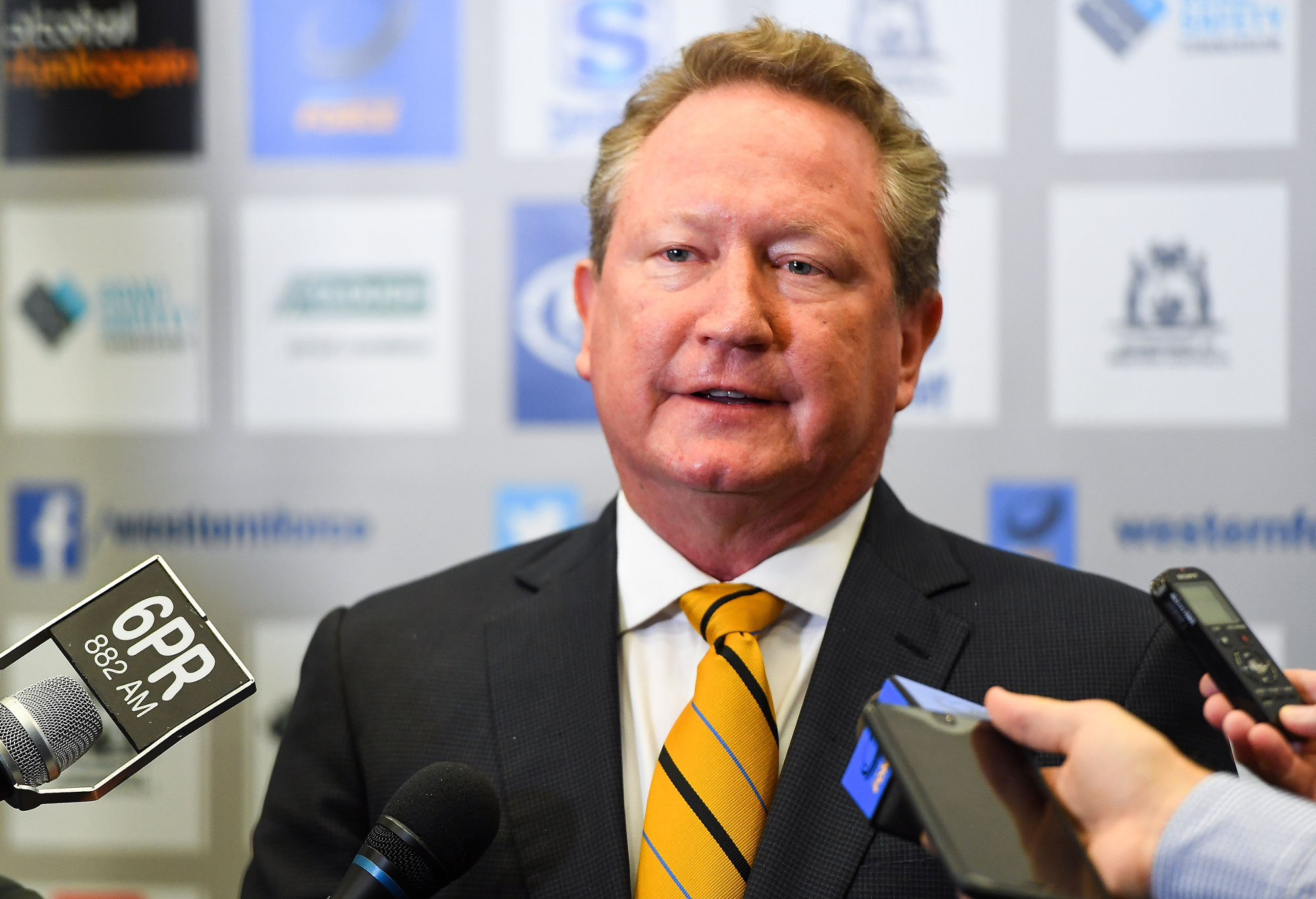
In 2017, after the Force were axed from Super Rugby, all of Western Australia galvanised around Andrew Forrest and his commitment to retain high-level rugby and rugby pathways in the state. Forrest provided a lifeline for rugby people who felt abandoned by Rugby Australia, and he delivered on his promise.
The situation that existed then in WA, and exists now in Victoria, are remarkably similar. Despite undertakings provided by Waugh and Daniel Herbert that Rugby Australia has a plan to maintain and develop Victoria’s rugby pathways, there has been nothing of substance offered to date to support that.
Indeed, things have only got worse, with the Rebels Super W team also being excluded from competition in 2025. It is not just the Rebels who have been excommunicated, but Victoria that has been cast adrift, just like WA was.
The Victorian state government – via the strength of long-term relationships with MRRU board members, remains highly committed to safeguarding and supporting the development of rugby in Victoria. The consortium that was so abruptly dismissed by Rugby Australia – despite proposing to invest up to $30 million in the sport in Victoria – hasn’t gone anywhere.

Whatever happens with the court proceedings; whether Super Rugby even exists in 2026 for the Rebels to return to; whoever is charged with settling the Rebels’ debt with the ATO… some kind of concrete plan and forward direction for rugby – positive actions, as opposed to statements made at an RA press conference – is what the rugby community and young rugby talent in Victoria are desperately looking for.
At the moment, these kids are outside of the family. Yet note how the recent Wallabies team that defeated Georgia contained three Melbourne junior players: Isaac Kailea, Rob Valetini and Hunter Paisami. On the weekend, Melbourne’s Ash Marsters became the Wallaroos’ most-capped player in their history.
There is a rugby demographic in the outer suburbs of Melbourne waiting to be tapped into, to deliver many more Wallabies and Wallaroos.
With traditional private school pathways increasingly populated by NRL and AFL interests, Australian rugby can’t wait for the lawyers to conduct their business. It needs these kids back in the rugby family today.

